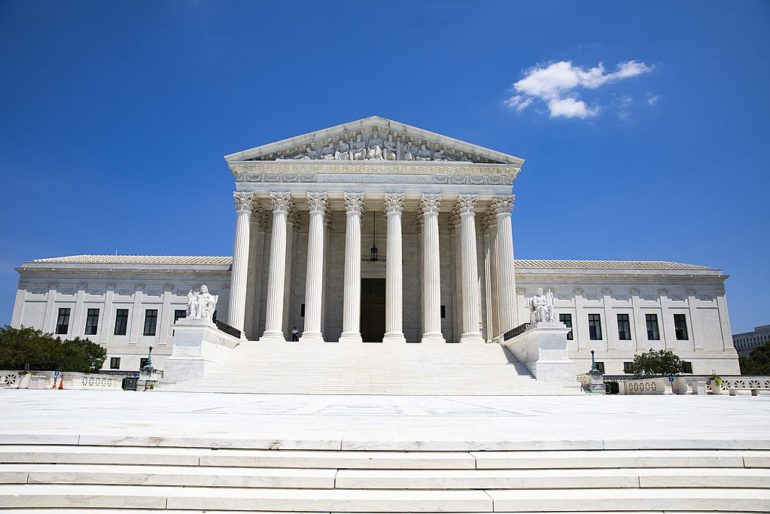On Friday, the Supreme Court granted a temporary stay to the implementation of provisions within Idaho’s nearly complete abortion prohibition that may impose penalties on physicians who perform the procedure in cases of medical emergency.
On Friday, the court granted the state’s request to vacate a federal appeals court injunction that prohibited prosecution of physicians who perform emergency abortions, not necessarily in life-threatening situations, in an unsigned order.
A district court initially halted the law in support of the administration.
The injunction was revoked by a three-judge panel of the U.S. Court of Appeals for the 9th Circuit in response to the state’s appeal.
However, it was subsequently reinstated by the entire 9th Circuit, which obstructed the state’s ability to enforce the law and compelled state officials to petition the Supreme Court.
The court stated that oral arguments on the matter will be heard in April, and a decision is anticipated in June.
Until then, the provisions of the moratorium will remain in effect.
The Idaho “Trigger Law” concerning the Defense of Life went into effect subsequent to the Supreme Court’s decision to vacate the constitutional right to abortion.
Although abortion is strictly prohibited under the law, an exception is made to protect the life of the mother.
The moratorium, according to the lawsuit filed by the Biden administration, violates the federal Emergency Medical Treatment and Labor Act (EMTALA), which protects providers who perform emergency health-saving or lifesaving abortion services.
The EMTALA was invoked by the Biden administration subsequent to the 2022 Supreme Court ruling that reversed the landmark Roe v. Wade decision and terminated constitutional safeguards for abortion.
The administration stated that the federal statute preempts state laws or mandates that utilize a more stringent definition of an emergency medical condition.
[READ MORE: High Tech U.S. Bomber Crashes In South Dakota]





